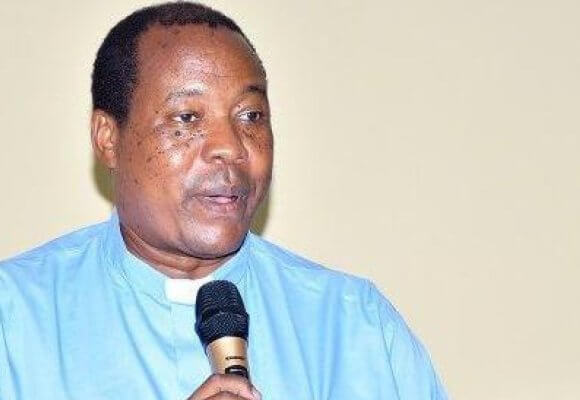|
LISTEN TO THIS THE AFRICANA VOICE ARTICLE NOW
Getting your Trinity Audio player ready...
|
Nigeria Imposes Levy on Companies Hiring Foreign Workers
Nigeria Tuesday introduced a new policy requiring companies to pay an annual levy for employing foreign workers. The move, aimed at increasing job opportunities for Nigerians, comes amidst the country’s economic struggles.
Under the new Expatriate Employment Levy (EEL), companies will pay $15,000 per year for expatriate directors and $10,000 for other foreign employees. The levy applies to individuals working in the country for at least 183 days annually.
President Bola Tinubu emphasized that the levy is not intended to discourage foreign investment, but rather to encourage companies to prioritize hiring qualified Nigerians. He stated that the goal is “to close wage gaps and increase employment opportunities for Nigerians in foreign companies operating in the country.”
Nigeria, Africa’s largest oil producer, relies heavily on its oil and gas sector, which employs a significant number of expatriates. Local media reports suggest over 150,000 foreign workers currently work in Nigeria, primarily in oil & gas, construction, telecommunications, and hospitality.
The levy comes as Nigeria faces economic hardship. Labor unions and government workers have held protests recently, highlighting the challenges. President Tinubu acknowledged these difficulties and assured efforts are underway to improve the economy.
The EEL scheme imposes fines and jail terms for non-compliance, including inaccurate information provision. The Nigerian Immigration Service will be responsible for enforcement, with a public-private partnership model involving the government, immigration, and a private firm.
Economist Abubakar Abdullahi believes the levy will benefit the country, arguing it will not deter investors who “want to see Nigeria grow.” He expressed optimism that the levy will incentivize companies to consider qualified Nigerians for available positions.
UK Faces Scrutiny Over Costly Rwanda Asylum Plan
The UK government’s plan to send asylum seekers to Rwanda for processing has come under renewed scrutiny, with a report revealing significant financial commitments and raising concerns about its effectiveness.
The National Audit Office (NAO), the government’s spending watchdog, disclosed that the UK has already paid Rwanda £220 million and is committed to further payments totaling £370 million over five years. This includes contributions to an economic development fund in Rwanda and additional costs associated with processing and relocating individuals.
Furthermore, the report estimates the cost per asylum seeker relocated to Rwanda could reach £150,874, covering expenses like accommodation, food, and education. These costs could rise further with additional factors like flight expenses and potential future needs.
The report shows the high costs associated with the scheme, sparking criticism from the opposition Labour Party. Shadow Home Secretary Yvette Cooper called the plan a “national scandal” and a “failed farce,” highlighting the financial burden and lack of tangible results.
The government, however, defends the plan as a necessary measure to deter illegal migration and manage asylum seeker numbers. They argue that inaction would lead to even greater financial burdens, citing an estimated rise in asylum seeker housing costs to £11 billion per year by 2026.
Additionally, they emphasize the need to address human trafficking and the dangers associated with illegal migration across the English Channel.
Despite the government’s justifications, the plan remains controversial and faces legal challenges. No asylum seekers have yet been relocated to Rwanda, and the scheme’s future remains uncertain. Upcoming debates in the House of Lords, where the plan faces further opposition, could shape its ultimate fate.











LEAVE A COMMENT
You must be logged in to post a comment.